New Delhi: While Shobhit Bhargava and his family watched the Poker Sports League auction on Jio Hotstar and celebrated his selection for Bengaluru All Stars, the Lok Sabha debated a ban on online gaming. On one screen his dream was coming to fruition, on the other it was being torn to smithereens.
A semi-professional poker player, Bhargava, 41, earns from the tables and by creating content around the game. The Poker Sports League, backed by former Dabur chairman Amit Burman and launched in 2018, gave players like him a shot at a professional breakthrough. With the new Promotion and Regulation of Online Gaming Act 2025 — which places a blanket ban on all real-money gaming — he isn’t simply out of a job, an entire industry has collapsed.
“If you’re a poker player, there’s nothing more you can do,” he said. “Imagine being painted with the same brush as ludo and fantasy. It’s not cool. I feel completely undone.” Unlike online ludo or fantasy sports apps such as Dream11, the skill-set for poker takes a long time to hone, with players spending years understanding the intricacies of the game.
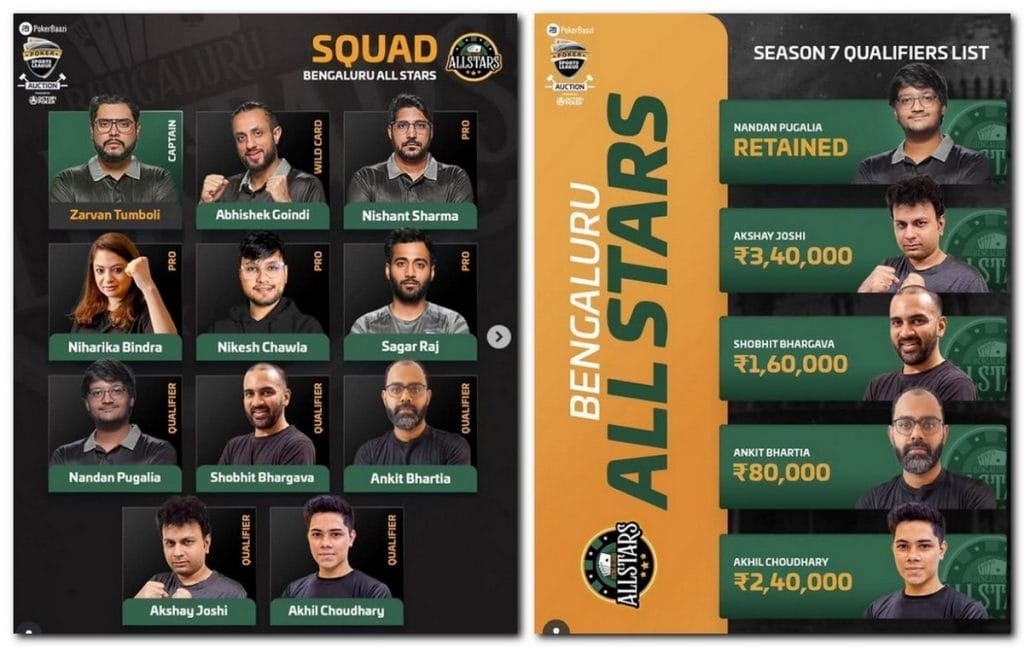
The new law aims to bring a bulldozer to real-money gaming (RMGs), where the ‘country’s youth’ supposedly fritters away time and savings. But a lot more has been crushed. A generation of poker players has worked for decades to place the game in a different league, to have it recognised as a game of skill and respectability. Now they are completely bereft. Left with no alternative, they’re turning to a slew of international websites, with risky payment gateways and no safeguards. While poker, illegal in most states, has long been played live in pockets, it was the online ecosystem — built in large part by PokerBaazi and its ilk — that became the bedrock of a professionalised space. No dimly lit basements and seedy casinos, but the prestige and pageantry of sport.
Moving abroad is the only option for players like me. I’m privileged enough, if I want to move countries I can. I have enough money and family support. But it’s not an easy pivot
-Ritwik Khanna, PSL poker player
All of that has now come to a crashing halt, in spite of the Karnataka, Kerala and Tamil Nadu high courts previously declaring poker and rummy as games of skill. The industry had already taken a nasty hit with the 28 per cent GST on deposits for RMG apps announced earlier this year. Now, even before the Act is implemented, the GST has risen to 40 per cent. In the case of PokerBaazi, the company was absorbing the tax, but as players pointed out, it altered the mathematics of the game. They were making it up through the rake— the commission the site took on every pot.
“They did what they had to do. But in the long run it wasn’t sustainable for the site,” said a leading poker player on condition of anonymity. “It wasn’t ideal, but it was survival. And in the short term the industry was definitely continuing.”
A thriving ecosystem fell silent overnight. And for the most part, it looks permanent. Last month, Head Digital Works Pvt. Ltd, owner of rummy and poker portal A23, became the first gaming company to move the Karnataka High Court; the Supreme Court will hear the transfer petition on 11 September. But Dream11, India’s first gaming unicorn, which onboarded 55 million users in 2024 alone, announced it won’t contest the law and will instead pivot to SIPs and gold.

Others in the ecosystem are also folding their RMG bets, like Nazara Technologies, which invested Rs 832 crore in Moonshine Technologies, Poker Baazi’s operating company.
“Some RMG operations have taken legal steps in response to the Bill. Nazara and its affiliates, however, have no plans to challenge the legislation,” said Nitish Mittersain, joint managing director of Nazara Technologies. “Our focus is fully on building in categories that are permissible under the new framework — esports, casual and social gaming, and gamified learning — where we see significant long-term growth opportunities.”
Also Read: Inside the influencer industry—relevance, relatability and revenue
The top league topples
Poker has always existed in a liminal space, a no man’s land of sorts. It’s not necessarily gambling, though it can be used to gamble. It’s a mere card game but some players spend years studying theory, with coaches and training websites. It’s got its own league, but doesn’t have the squeaky-clean image of e-sports, which the government wants to encourage.
“We’ve spent years trying to distance ourselves from casinos — because we’re not gambling. We haven’t run our live events at casinos for years. We don’t want to be clubbed with those people,” said Aditya Wadhwani, formerly a consultant with PokerBaazi, which shut down after the ban. He calls himself the Harsha Bhogle of poker to explain his professional profile.
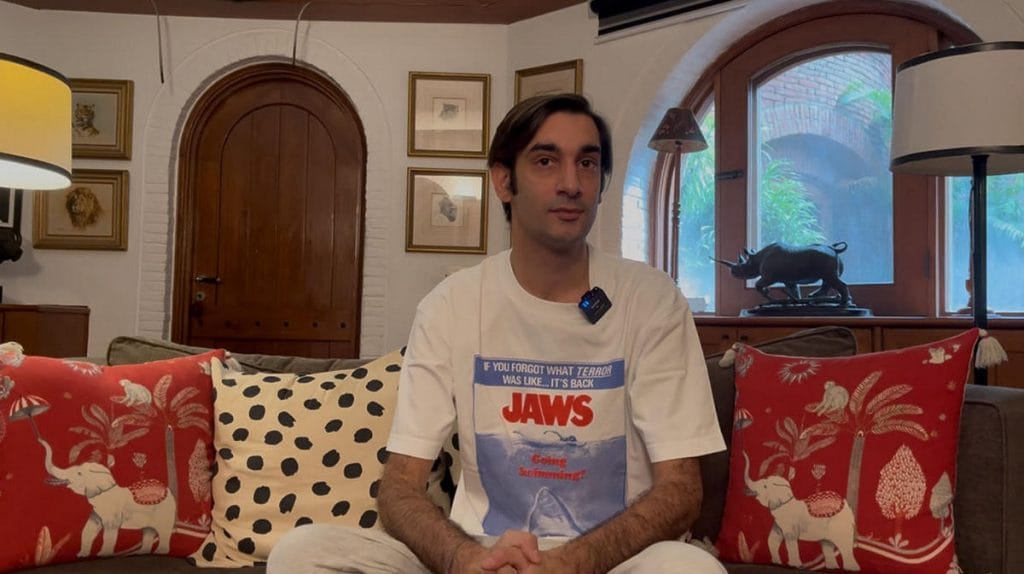
Wadhwani started playing in 2005 while at university in London. What began as casual games to earn spare cash in the back rooms of kebab shops and snooker clubs turned into a full-time occupation — to the point where his son is called Ace. He chose not to go pro, partly because, as he admits, he isn’t great at math. After moving back to India, he jumped into the barely-there industry, with a final four-year-stint at PokerBaazi.
“This was both my passion and profession,” he said. “It’s just so sad.”
While the image associated with poker is of live games and casinos, it was the online industry that really set off the obsession. PokerBaazi was the title sponsor of the Poker Sports League (PSL), and qualifiers took place online. Instead of one table, experienced players juggled 20. Their games were recorded, and they spent hours poring over the footage, assessing what they could’ve done differently.
Overnight, offsite companies have started. It’s easy with a VPN. This will push users toward illegal platforms
-Shivani Jha, director, eSports Players Welfare Association
PSL’s highest-ever bid was Ritwik Khanna, who was sold to the Kolkata Wizards for Rs 5.8 lakh last year. He’d left his job in Mumbai and moved back home to Delhi to chase his poker dreams — but didn’t know how. He eventually got a job at PokerBaazi as a marketing executive, and quit 1.5 years later to play full-time.
When the ban hit, Khanna was at the top of his game. He used to make between Rs 75 lakh and Rs 1 crore a year from playing alone, topped up by various brand endorsements. That income has dried up. Another player, who did not want to be named, said he had managed to buy his first car last year — a Mahindra XUV 3XO — after starting to play in 2020.
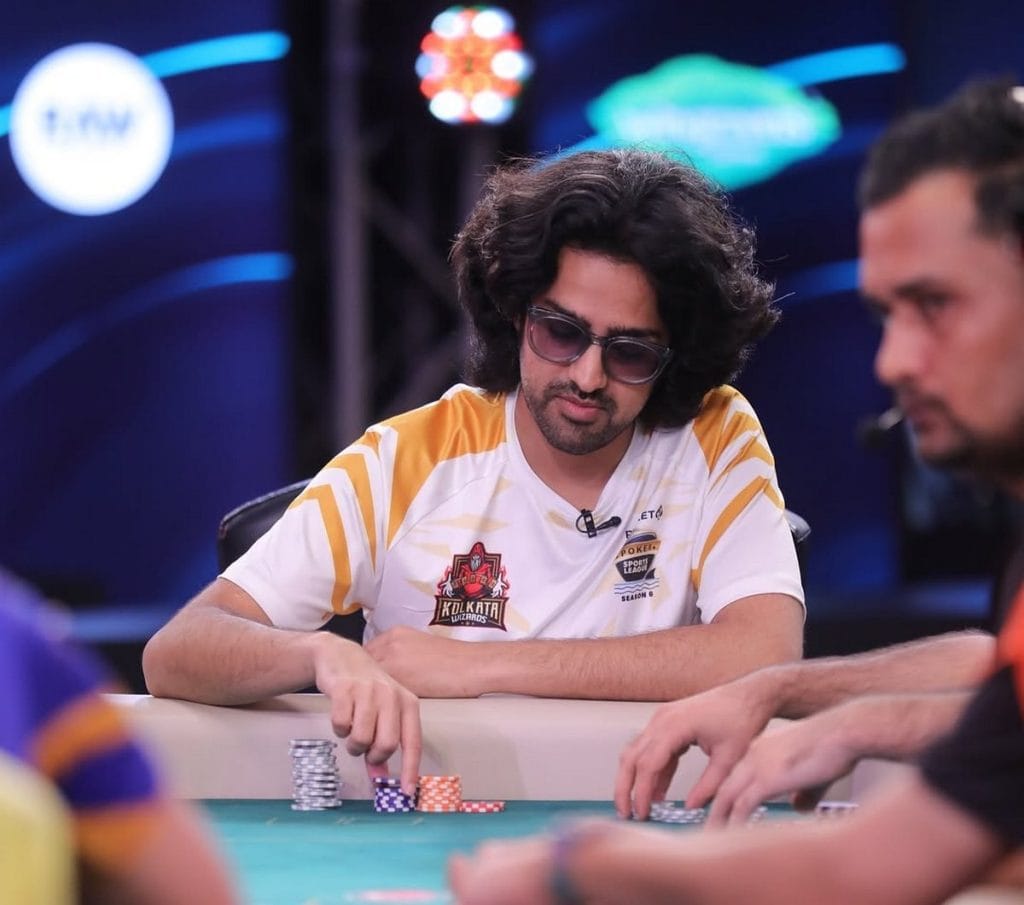
Most top poker players come from upper middle class families and are well-educated, but they no longer see a future where they can make a living from their passion in India.
“Moving abroad is the only option for players like me. I’m privileged enough, if I want to move countries I can. I have enough money and family support. But it’s not an easy pivot,” said Khanna.
Streamers to dreamers in limbo
It’s not just seasoned pros who are floundering. Khanna pointed to the plight of younger players who stand to lose their family’s support.
“Their families were supporting them because it was legal,” he added.
At Bhargava’s Kailash Colony home, the room where he used to stream for hours looks forlorn. The three monitors are dark, the green screen has no use, and piles of clothes have infiltrated his lazy boy chair. He spends most of his free time glued to the news instead.
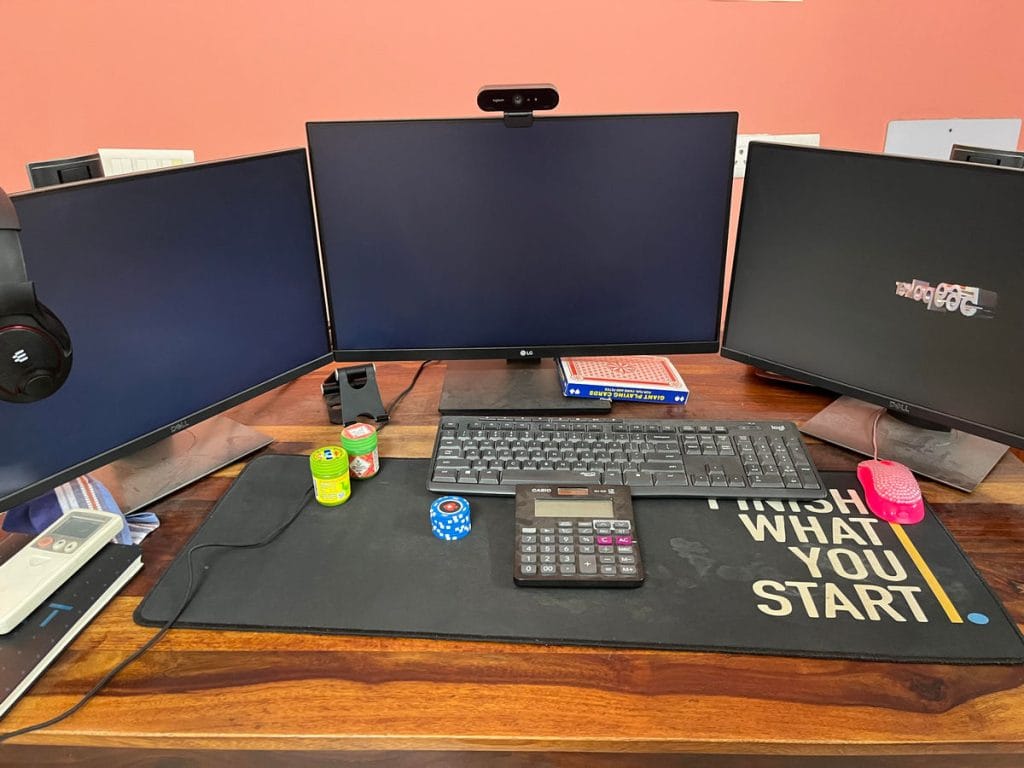
He started playing in 2018 after watching Casino Royale, the plot of which centres around a Texas Hold Em’ game in Montenegro. He learnt the basics on Zynga Poker, a social gaming app, and then borrowed Rs 1,000 from his wife to take the plunge. Online communities and YouTube became his training ground. Seeing no real poker network in India, he turned to streaming, which became his primary source of income. He had a retainership with certain poker sites to “grow the game” by creating content on it. But he was not an independent poker influencer. He and others like him “were at the mercy of the sites,” all of which had massive advertising budgets.
Much like Dream11, PokerBaazi inducted a fleet of ambassadors to promote the game and build a culture. According to one player, team pros and brand ambassadors made about Rs 35 lakh a year through promotion — an income buttressed by their substantial winnings.
Someone like me, who has fought for the last 10-15 years to give poker a brand, to make us seem not like criminals but like sportspeople — today I’ve given up
-Vikram ‘Lungi’ Kumar, poker player
Wadhwani’s plans to go to Vietnam for the latest edition of Circuit, Baazi’s flagship poker tournament, last month were shelved. Instead, he brooded at home in Delhi, smoking again years after quitting.
“We were doing this dual documentary and we were just about to fly out when season six got cancelled,” he said. “The first few seasons received great traction.”
What separated the Indian ecosystem, Wadhwani added, was scale. PokerBaazi hosted online tournaments with prize pools up to Rs 7 crore, which players could enter by paying paltry buy-ins.
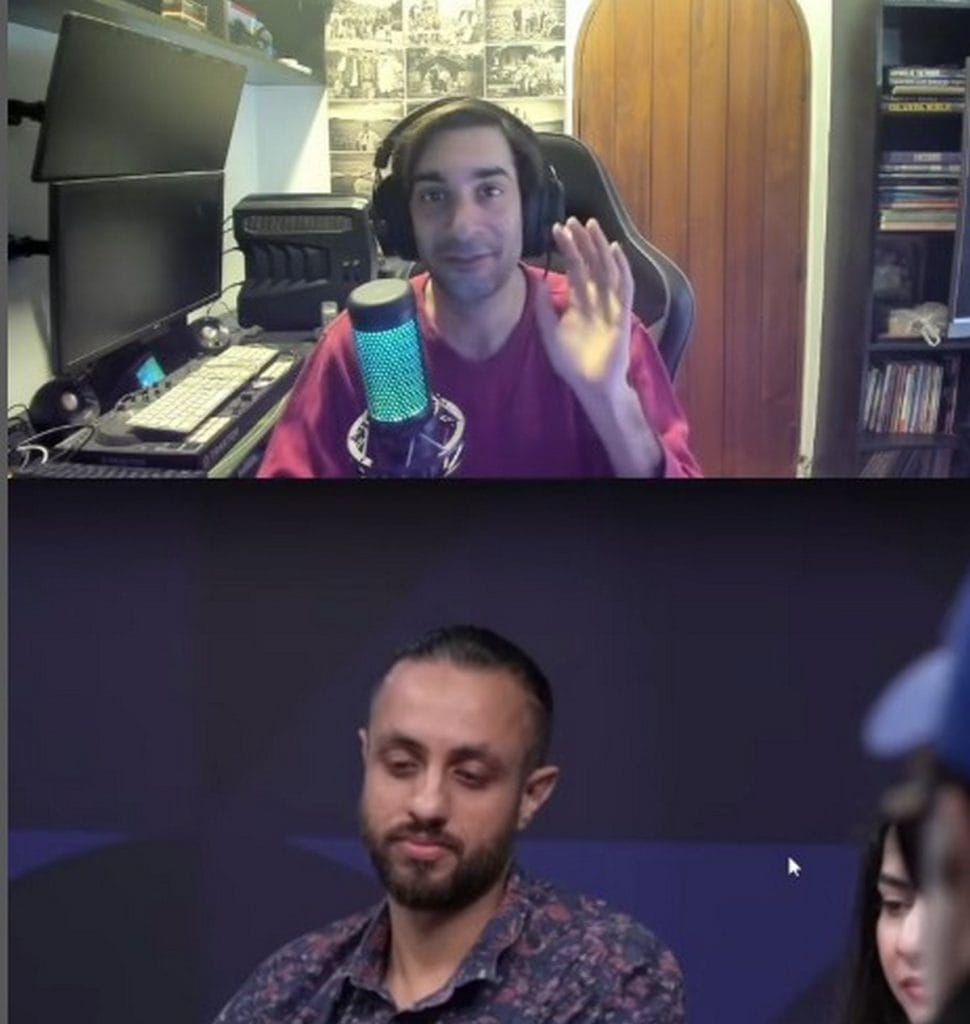
For casual gamers and fantasy sport players, the ban has meant everything from lost hope and an occasional hobby gone to even a forced exit from addiction.
Deepu Par, a 22-year-old Uber driver from Kannauj, didn’t even know about the ban. During IPL season, he spent 2-3 hours a day on fantasy cricket app Dream11 with friends, mapping out the pitch and strategising their teams. He never made more than a couple of thousand rupees but had heard stories, the stuff of legends.
“One of my friends won Rs 5 lakh. Now he has everything — a car, a house,” he said, slightly mournfully, running a hand through his carefully sheared undercut. “I was hopeful. If not today, maybe tomorrow.”
But even within his circles there are horror stories. Ansh, 22, a now-unemployed former factory worker from Noida, spent hours strategising with his friends back home in Kannauj. They’d pool in money, each scraping together Rs 5,000-6,000. In 2023, all of them lost big.
Ansh lost about Rs 3 lakh: the entirety of his savings.
“I used to set aside a certain sum of money each month to play Dream11,” he said. “And then I lost everything.” He quit but his friends carried on—until the ban.
Gaming greying out
While the ban is ostensibly to protect users from unregulated spaces and money flows, experts argue it will do the reverse. That it will push players toward illegal channels where there is zero oversight. The penalties built into the law are harsh: those caught engaging in illicit gaming face up to three years in prison and a Rs 1 crore fine. But the appetite for gaming isn’t a slate that can simply be wiped clean.
“Overnight, offsite companies have started. It’s easy with a VPN. This will push users toward illegal platforms,” said Shivani Jha, lawyer and director of the eSports Players Welfare Association (EPWA).
Players who have overseas bank accounts or crypto can easily pivot to international websites. The rest slide back into surreptitious live gaming.
I can take maybe a month or two months off at most. But eventually I need to [play poker]. This is my only source of income
-Poker player, asking not to be named
“Assuming courts don’t give relief they will have to shut shop. Some companies may not abide by the law and start illegal businesses — through offshore companies or within India,” said gaming lawyer Jay Sayta. “We don’t know what shape this is going to take. But there is an appetite. The illegal and grey business will continue.”
Several companies have announced that they will be entering previously uncharted waters. This includes e-sports tournaments, social gaming or exploration of international markets. Meanwhile, players are also figuring out their options and waging bets in other ways.
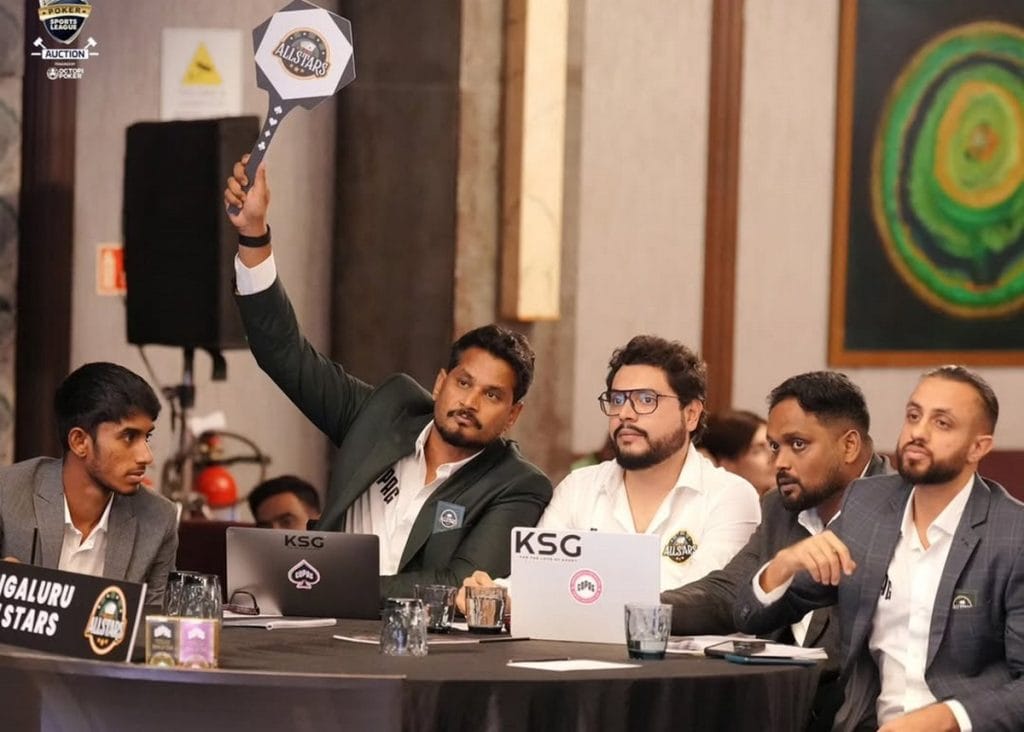
The unnamed poker player quoted earlier has resorted to playing on an international website. He’s well aware of the risks. There’s a lingering fear of being scammed, and so he’s currently playing low volume games — where the stakes are low and carefully calibrated. When it comes to putting in money, he alternates between cryptocurrency and P2P (peer-to-peer) payments, with the latter orchestrated through ‘agents.’
Despite the fact that they are playing, there’s a sense of impermanence.
“These foreign sites aren’t trustworthy. When they realise this is illegal in India, they’re going to shut shop. And my money could be stuck,” he said.
Scams are another constant risk. Without any explanation, the site could block his points — since he’s technically playing illegally. Crypto transfers can also be risky, since, according to him, it’s now “used only to move money from one place to another.”
Still, he keeps playing because it’s his only way to earn money.
“I can take maybe a month or two months off at most. But eventually I need to. This is my only source of income,” he said. Right before the ban, he was preparing for Baazi’s big tournament, the GOAT, which had a prize pool of Rs 25 crore in 2024.
Even e-sports, though seemingly propped up and legal, may be in the line of fire. And tournaments could become increasingly bureaucratic and complicated to organise, according to EPWA’s Shivani Jha.
“The moment you start charging a participation fee, it becomes an online money game,” she said.
For poker player Vikram Kumar, known as ‘Lungi’ in gaming circles, fighting now seems futile. For more than a decade, he tried to legitimise the game, going from court to court. Earlier this year he approached the Supreme Court, contesting the validity of the Tamil Nadu Online Gaming Authority (Real Money Games) Regulations, which imposed a blanket ban on online money gaming between midnight and 5 am.
“The High Court failed to consider that the Constitution guarantees individual freedom and autonomy, including the right to determine when one should sleep, and when one may access and play an online game of skill, within the privacy of one’s own home,” stated the petition.
But following what is effectively a death-knell, he is backing down.
“Someone like me, who has fought for the last 10-15 years to give poker a brand, to make us seem not like criminals but like sportspeople — today I’ve given up,” he said. “I don’t think my questions are going to be answered or that there’s going to be any kind of revolution. The government has made it very clear. They passed the Bill in 7 minutes.”
(Edited by Asavari Singh)



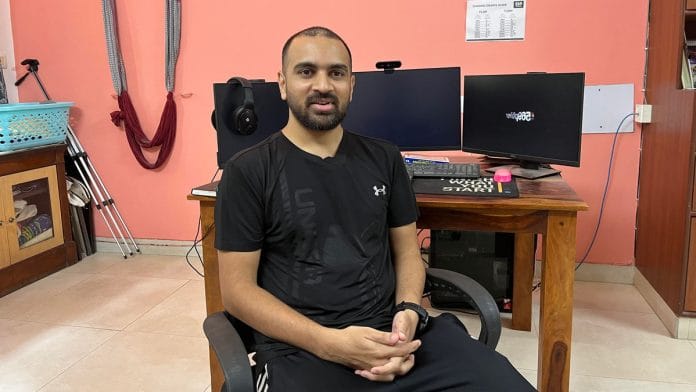



Yah sarkar kaha pura game band Kiya hai khelo24 abhi bhi paisa khun ki tarah pi raha hai
Calling it online gaming softens what it really was, online gambling. Gaming is still legal you idiots, it was banned because gambling is addictive and ruins lives. Long live narendra modi